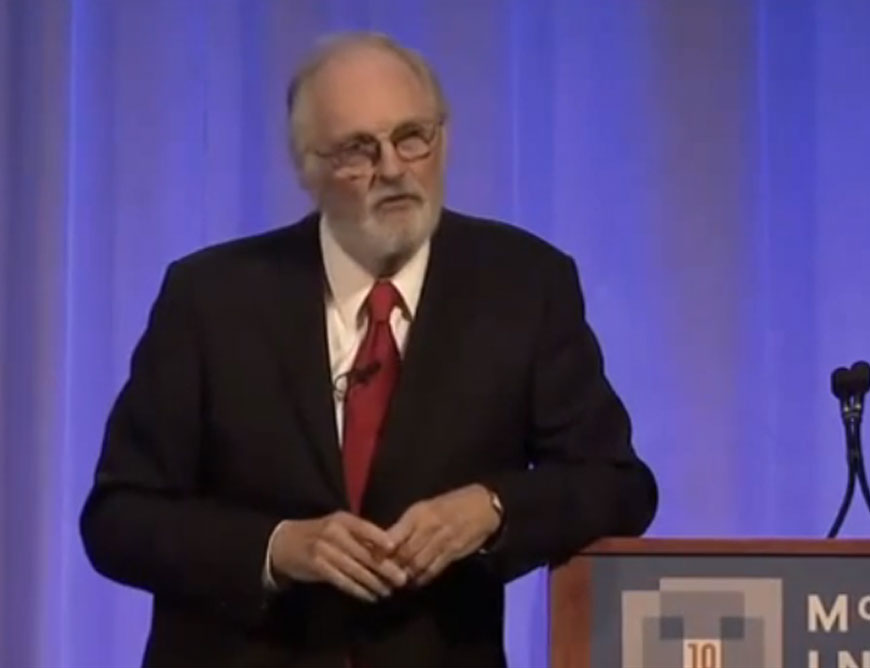
What is improvisation?
One of my childhood heroes, Alan Alda starred in MASH. In this clip he is talking about a specific application of improvisation skills. I can’t explain it better, but I will try.
Improvised theatre has a long tradition, and can be traced back to the Commedia dell’Arte of medieval Italy and beyond. Australia has its own tradition of performance improvisation ranging from live television performers in the mould of Graham Kennedy and Bert Newton, to dance and movement improvisation companies, and jazz improvisors.
Theatre improvisation covers a huge arc of styles from the Melbourne Improvisors of the early eighties, Playback Theatre Co., corporate entertainers Troupe Du Jour (I was a founder), through to the dizzy heights reached by Theatresports in the late 1980’s when The Playhouse at the Victorian Arts Centre was packed every Sunday night (culminating in the world record 2300 plus people at The Concert Hall in July 1987- the largest recorded Theatresports audience in the world – ok my team won that night too!).
Improv is also known through shows like Spontaneous Broadway (me again), “Thank God You’re Here!” (uh huh), “Whose Line Is It Anyway?” (yep), and a myriad of independent theatre companies and comedy ensembles who perform an array of improvisation formats.
Stand Up comedians are sometimes at their best when they ad lib. We all recognise that politicians are far more believable and authentic when they are speaking off the cuff (seemingly from the heart), and not regurgitating the party line.
Improvisation is well known as a comedy and performance art form in the US. But increasingly, improv is an invaluable tool for organisational development and management training. Improvisation classes form an integral part of actor training, but these classes can be for more than just actors. Many people attend improv classes for fun and personal development.
As legend Alan Alda explains in the attached clip, improvisation is more than just making things up, it’s about connecting people. Success in work and business – as in life! – is based on the relationships that you have. Improvisation classes give you practical experience at ways of making relationships work.
Alda also describes that the clarity of communication is enhanced when people improvise - it’s an art form that emphasises authenticity, observational skills and awareness.
Life is unpredictable and totally unscripted. Improv gives you some fantastic rules to enable you to respond in positive ways to any challenge. When I was with Troupe in the 1990’s, we quickly recognised that the principles of improvisation – such as connecting with your colleagues, being positive, taking risks, saying “yes!” – could be an invaluable tool for organisations who had a dysfunctional communication culture.
Tina Fey - star of Thirty Rock - in her best-selling book BOSSY PANTS describes her rules of improv.: Tina Fey’s rules for improv:
- Rule #1: Agree and say “yes".
- Rule #2: Not only say “yes", say "yes, and...
- Rule #3: Make statements.
- Rule #4: There are no mistakes, only opportunities.
Improvisation classes train you to be PRESENT. If you're worrying too much about the past or the future you can't connect with people. We have found inspiring parallels with neuro-scientific research, and MINDFULNESS.
Psychologist Daniel J Siegel uses neuroscience and psychological research to help people to change their brains and lives. He is the author of MINDSIGHT (Scribe): “With mindsight our standard is honesty and humility, not some false ideal of perfection and invulnerability. We are all human beings, and seeing our minds clearly helps us embrace that humanity within one another and ourselves.”
Siegel is also the author of THE MINDFUL BRAIN (Norton):
“...The way we pay attention in the present moment can directly improve the functioning of body and brain, subjective mental life with its feelings and thoughts, and interpersonal relationships.”
The Decent People are not neuroscientists. We just want you to PLAY. Business recognise that this leads to INNOVATION. classes focus on different themes depending on your needs: team building, customer focus, leadership, agile thinking and innovation, presentation skills, and so on. Our years of experience conducting improvisation performances and workshops with businesses are inspired by the teachings of Keith Johnstone (the inventor of Theatresports and the author of one of the "bibles" for actors "IMPRO"), Viola Spolin and the people who keep their work alive in theatre and in training.
We all know we need a way to get out from behind our screens and devices to engage in a meaningful way with each other. Improvisation is a fun, practical and inspiring way to do it.


Since 2005 I’ve performed a Danny Kaye tribute show. He is fading from the memories of those who
Since 2005 I’ve performed a Danny Kaye tribute show. He is fading from the memories of those who
Since 2005 I’ve performed a Danny Kaye tribute show. He is fading from the memories of those who